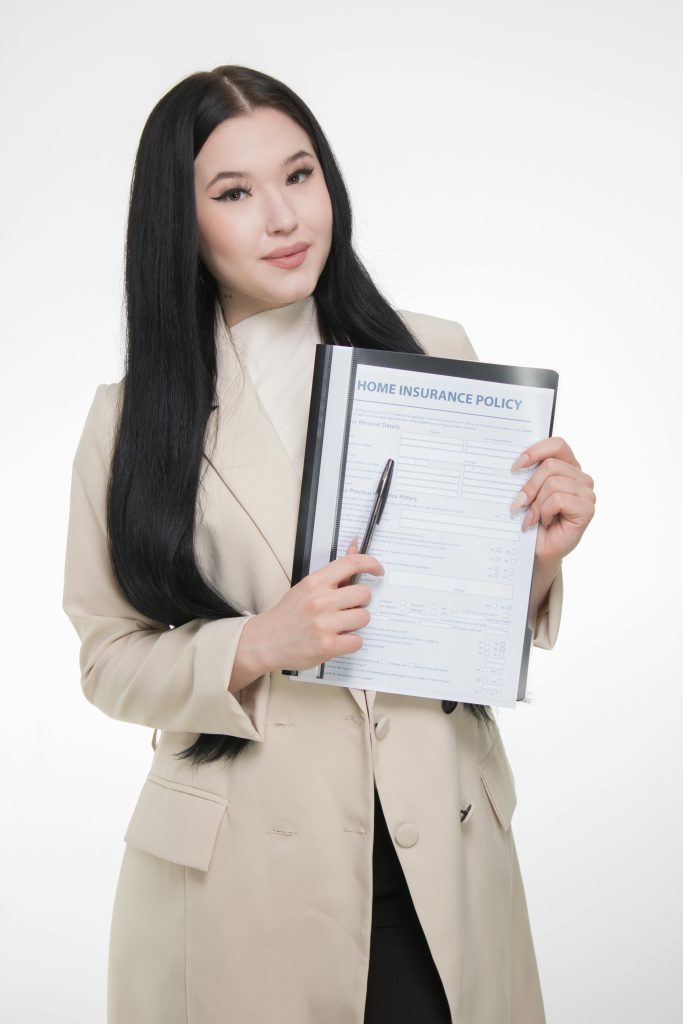Making a career change can be both exciting and challenging. A well-crafted cover letter for changing career is your best tool to explain why you’re transitioning into a new field. Besides, it also shows how your skills, experience, and passion make you the right fit. In this guide, we’ll cover how to structure a cover letter for career change. We will also explore what hiring managers look for, and real examples of career-change cover letters that work.
How to Explain a Career Change in a Cover Letter in 2025
A career change can raise questions for hiring managers. They may wonder why you’re leaving your current field and how well you’ll adapt to a new industry. A well-written cover letter can address these concerns and position you as a strong candidate for the role.
Addressing the “Why” – Why Are You Changing Careers?
When explaining a career change in your cover letter, it’s really important to focus on the positive aspects of your decision. Instead of dwelling on what’s not working in your current field, position your career shift as a strength. Here’s how to frame your transition:
- Highlight your passion for the new field: Show enthusiasm for the career you’re moving into. Also, explain what excites you about the work and how it aligns with your goals.
- Show how your current skills transfer: Even if your background is in a different field, emphasize how the skills you’ve gained are relevant to the new job. This could include transferable hard skills (like project management or data analysis) and soft skills (like communication or problem-solving).
- Explain why now is the right time: Whether it’s a shift in industry trends or personal goals, explaining why you’re transitioning now can help make your case stronger.
For example, you could say:
“After several years in marketing, I am excited to transition into digital project management where I can leverage my organizational skills, experience, and passion for leading cross-functional teams.”
What Recruiters Look for in Career-Change Candidates
When reviewing career-change candidates, recruiters focus on your ability to transfer your skills and experience to the new role. Here’s what they’re looking for:
- Relevant experience: Even if your experience is in a different industry, focus on what aligns with the new role. For instance, if you’re switching from finance to data analysis, your experience in data interpretation or budgeting could be relevant.
- Transferable soft skills: Soft skills like adaptability, communication, problem-solving, and leadership are highly valued when transitioning careers. Emphasize how these skills will be useful to you in succeeding in the new role.
- Demonstrable passion for the new field: Recruiters want to know that you’re not just switching careers out of necessity but because you genuinely want to pursue this new path. Highlight any volunteer work, side projects, or relevant experiences that demonstrate your commitment.
Step-by-Step Guide to Writing a Cover Letter For Career Change in 2025
Now that you know the key points to address in your cover letter, let’s break down the process into a step-by-step guide.
Crafting a Strong Opening That Explains Your Transition
The opening of your cover letter should quickly capture the recruiter’s attention and explain your career change. Here are a couple of examples for different industries:
Example 1:
“After a successful career in finance, I am eager to transition into data analytics, where I can apply my analytical, teamwork, and problem-solving skills to uncover insights and drive business growth.”
Example 2:
“My background in teaching has given me strong communication and leadership skills, which I’m excited to bring to corporate training. I am passionate about helping individuals succeed, grow, and develop, and I’m excited about the opportunity to transition into this new role.”
In both examples, the candidate explains their transition while emphasizing relevant skills, making it clear that they’re excited about the new role.
How to Show Transferable Skills & Experience In Cover Letter For Career Change
When you lack direct experience in a new industry, focus on the skills and knowledge you bring from your previous roles. Here’s how:
- Match your existing skills and capabilities to the job requirements: You must review the job description thoroughly and highlight how your skills and capabilities align with the responsibilities of the new role. This could include specific software tools, technical skills, or even experience with particular processes.
- Mention relevant coursework, certifications, or side projects: If you’ve taken courses or earned certifications related to your new field, mention them in your cover letter to demonstrate your commitment to learning and growing in the new industry.
- Show how your past achievements translate: Even if your past achievements aren’t directly related, frame them in a way that shows their value in the new role. For example, if you’ve managed teams in your previous job, explain how those leadership skills will help you manage projects in your new career.
Example:
“During my time in marketing, I led several successful projects that required strong analytical skills, attention to detail, and effective communication. These experiences have equipped me with the tools necessary to excel in data analysis, and I have further honed my skills through relevant coursework in data science and machine learning.”
FAQs (SEO-Optimized for Featured Snippets)
How do you write a cover letter when switching careers?
Focus on transferable skills, enthusiasm, and how your experience aligns with the new role.
Should I explain why I’m changing careers in my cover letter?
Yes, but keep it positive and focused on what you bring to the new field.
What if I have no direct experience in the new industry?
Highlight soft skills, certifications, or relevant experiences that show potential.
Can I mention additional training or courses in my cover letter?
Yes! Show commitment to learning by mentioning courses, workshops, or certifications.
How do I make a recruiter confident about my career change?
Show passion, adaptability, and concrete examples of skills that apply to the new field.
Conclusion
Changing careers can be a rewarding but challenging journey. Your cover letter is an awesome opportunity to frame your transition in a positive light and show that your previous experience has prepared you for success in your new field. By focusing on transferable skills, demonstrating enthusiasm for the new role, and providing specific examples of your adaptability, you can make a strong case for why you’re the right fit for the job—even without direct experience.





